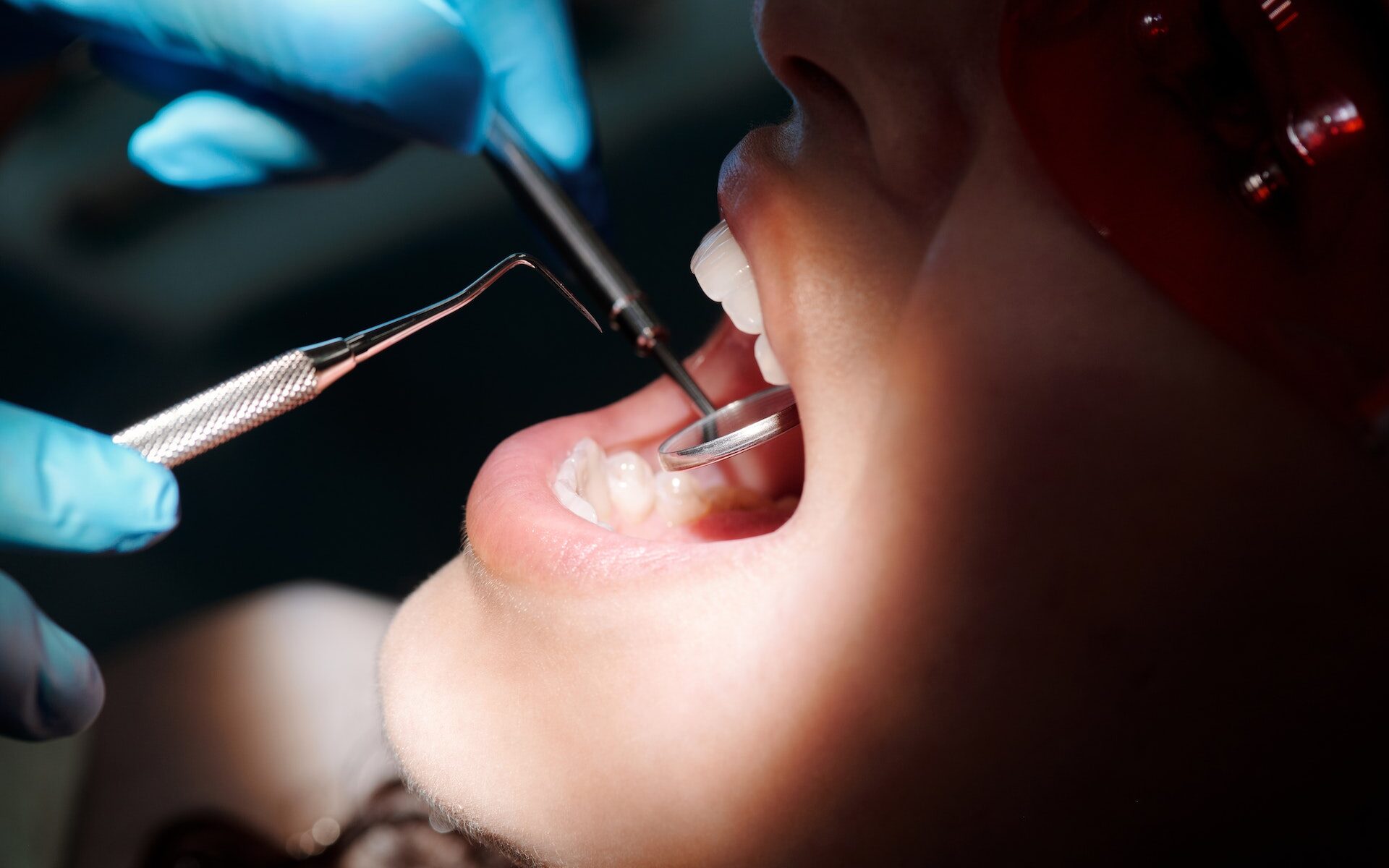Bruxism – which is also known as teeth grinding – is a common condition that affects a large number of people. There are a range of adverse effects caused by teeth grinding, which can take place while both awake and asleep. But there have been some recent suggestions that bruxism actually isn’t necessarily a bad thing. However, is this true?
Bruxism – also known as teeth grinding – is a condition that is becoming increasingly common. In fact, bruxism is actually the dental diagnosis that has increased the most post-pandemic [1].
We are used to hearing that teeth grinding is bad for us. It can erode enamel, affect our gums, cause fillings to fall out, and disturb our sleep [1].
However, it has recently been proposed that bruxism may not necessarily be a bad thing, and that there could be some benefits to it. But is this true?
What is bruxism?
Bruxism involves a person grinding their teeth. It is normally done involuntarily while a person is asleep. However, it can also be done while a person is awake [1].
As mentioned earlier, bruxism is the dental diagnosis that has increased the most following Covid-19. It has almost quadrupled, with its incidence rising from 6% to 23% [1].
It isn’t entirely clear what causes bruxism. However, it is believed to be linked to stress, anxiety, smoking, recreational drug use, and some medications [2].
Is bruxism actually beneficial?
Interestingly, there have been some suggestions that bruxism could actually be beneficial. Some research has supported this theory.
For example, a study in 2020 found that teeth grinding while awake could act as a way of relieving stress [3]. Therefore, this activity was found to help the wellbeing of stressed individuals.
Moreover, the study also suggested that teeth grinding while asleep can protect against gastric reflux and obstructive sleep apnoea [3]. These are two conditions that can cause a range of problems.
These factors do suggest there could be some benefits to bruxism. However, the benefits are far outweighed by the negatives associated with bruxism.
As mentioned, bruxism can erode enamel, which makes us more vulnerable to cavities. Moreover, it can also cause fillings to fall out. Many people find it disturbs their sleep and can cause headaches, migraines, or joint pain.
Treatment of bruxism: The role of biofeedback
When looking at treatment options, something called biofeedback represents an interesting choice. Biofeedback involves patients using a device called an electromyograph [1].
This device measures electrical activity in the muscles. Using this device, a patient can learn to identify and reduce muscle tension through adopting a jaw position using the device [1].
In order for the jaw to be relaxed and therefore at rest, it is important for it to have no contact between the teeth. The electromyograph can help facilitate this arrangement [1].
Moreover, it has been proposed that stress-relief exercises can reduce instances of bruxism. These can include exercising regularly, relaxation and deep-breathing techniques.
Smaller actions like wearing a mouth guard while asleep, putting post-it notes in visible places to remind yourself not to grind your teeth, and even going out for a walk can all be other ways of helping protect your mouth from bruxism.
Overall, while there might be a few benefits to bruxism, there are far too many negatives involved. For those that do suffer from bruxism, getting help is important.
Thinking points…
[1] Remember that attending regular dental appointments is key for your oral health. Dental appointments allow a dentist to take an in-depth look at the oral health of their patient. If treatment is needed, then this can be arranged. Given that early detection is vital, remember to attend a dental clinic at least once every six months. We recommend booking an appointment now!
[2] Do you grind your teeth? If so, remember that there are things that you can do. Breathing exercises, regular exercise, and a consistent sleep routine can all be helpful. You can also get some advice from a dental professional. As mentioned above, having regular dental check-ups can also be very helpful.
What we offer at Savanna Dental
Savanna Dental is a Calgary dental clinic that provide its patients with a wide range of dental treatment options and advice aimed at improving their oral health.
We advise our patients to attend our Calgary dental clinic at least twice per year for a regular dental check-up. At these check-ups, we provide a comprehensive review of a patient’s oral health. If any problems are detected, we have many treatments available. For example, these include cavity fillings and root canals. To strengthen your oral health, we recommend brushing your teeth at least twice a day and flossing regularly.
Here at Savanna Dental, we also have some cosmetic treatments available! These include dental implants, teeth whitening and Invisalign™. Many people find that these treatments have a positive impact on their appearance, confidence and self-esteem.
Moreover, all of our services at our Calgary dental clinic Savanna Dental are set in line with the Alberta Dental Fee Guide. This ensures transparent and fair pricing.
We hope to see you soon at our Savanna Dental clinic in Calgary! You can find out more about us by visiting our website https://savannadentalclinic.ca.
References
[1] Ortega, L. J., Jiminez-Pajaeror, E. W., & Gonzalez, M. G. (2023). Why grinding your teeth might not always be a bad thing. Available: https://theconversation.com/why-grinding-your-teeth-might-not-always-be-a-bad-thing-211971. Last accessed: 29th September 2023.
[2] NHS. (2022). Teeth grinding (bruxism). Available: https://www.nhs.uk/conditions/teeth-grinding/. Last accessed: 29th September 2023.
[3] Soto-Goni, X. A., Alen, F., Buiza-Gonzalez, L., Marcolino-Cruz, D., Sanchez-Sanchez, T., Ardizone-Garcia, I., Aneiros-Lopez, F., & Jiminez-Ortega, L. (2020). Adaptive Stress Coping in Awake Bruxism. Frontiers in Neurology. 11: 564431. DOI: https://doi.org/10.3389%2Ffneur.2020.564431.

